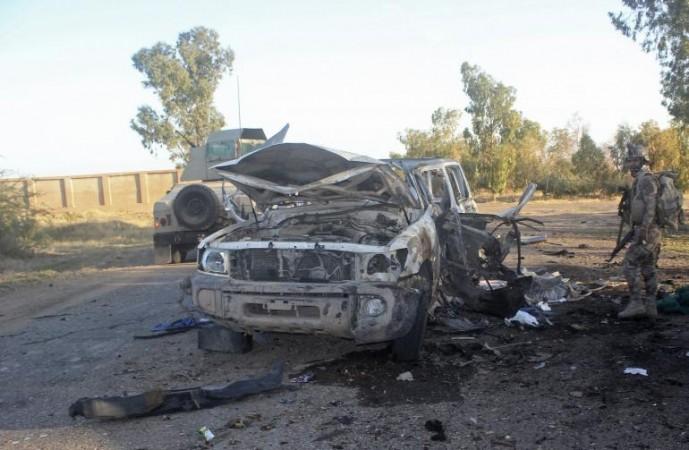
The number of people killed in terrorist attacks hit a record high in 2013 and is expected to increase further in 2014, according to a report released on Tuesday.
Nearly 18,000 people were killed in terrorist attacks in 2013, representing a 60% increase over 2012 when terror attacks claimed nearly 11,000 lives, according to the Global Terrorism Index, published by Sydney-based Institute for Economics and Peace.
According to the report, which uses data obtained from the US-based Global Terrorism Database, just five countries -- Iraq, Afghanistan, Pakistan, Nigeria and Syria -- accounted for over 80% of deaths from terrorism in 2013. Of these, Iraq fared the worst, with over 6,300 fatalities in 2013.
It also added that four terrorist groups -- al Qaeda, the Taliban, Boko Haram and the Islamic State group, which, until its eventual separation in February 2014, had close ties with al Qaeda -- were collectively responsible for 66% of deaths from claimed terrorist attacks.
Along with a rise in fatalities, terrorism also became more widespread in 2013, according to the report. The number of countries with 50 or more deaths increased to 24 in 2013, a 60% increase over 2012, when it stood at 15.
The report, released after the Islamic State group broadcast another video, this time showing the beheading of American hostage Abdul-Rahman Kassig, also raises questions over the effectiveness of the US-led "war on terror" in Iraq and Afghanistan, as the number of fatalities in terror-related attacks has steadily increased over the last 14 years.
According to the report, since 2000, there have been nearly 50,000 terrorist attacks that have killed a total of over 100,000 people. While the number of deaths stood at nearly 3,400 in 2000, it saw a five-fold increase in 2013.
"Over the last decade the increase in terrorism has been linked to radical Islamic groups whose violent theologies have been broadly taught," Steve Killelea, the executive chairperson of the Institute for Economics and Peace, said, in a statement. "To counteract these influences, moderate forms of Sunnis theologies need to be championed by Sunni Muslim nations. Given the theological nature of the problem it is difficult for outside actors to be influential."
However, the report also highlighted the need to view the numbers in context. According to the report, in the US, an individual was 64 times more likely to die in a homicide than from a terrorist attack, while in the UK, a person was 188 times more likely to be a victim of homicide than be killed in a terror attack.










